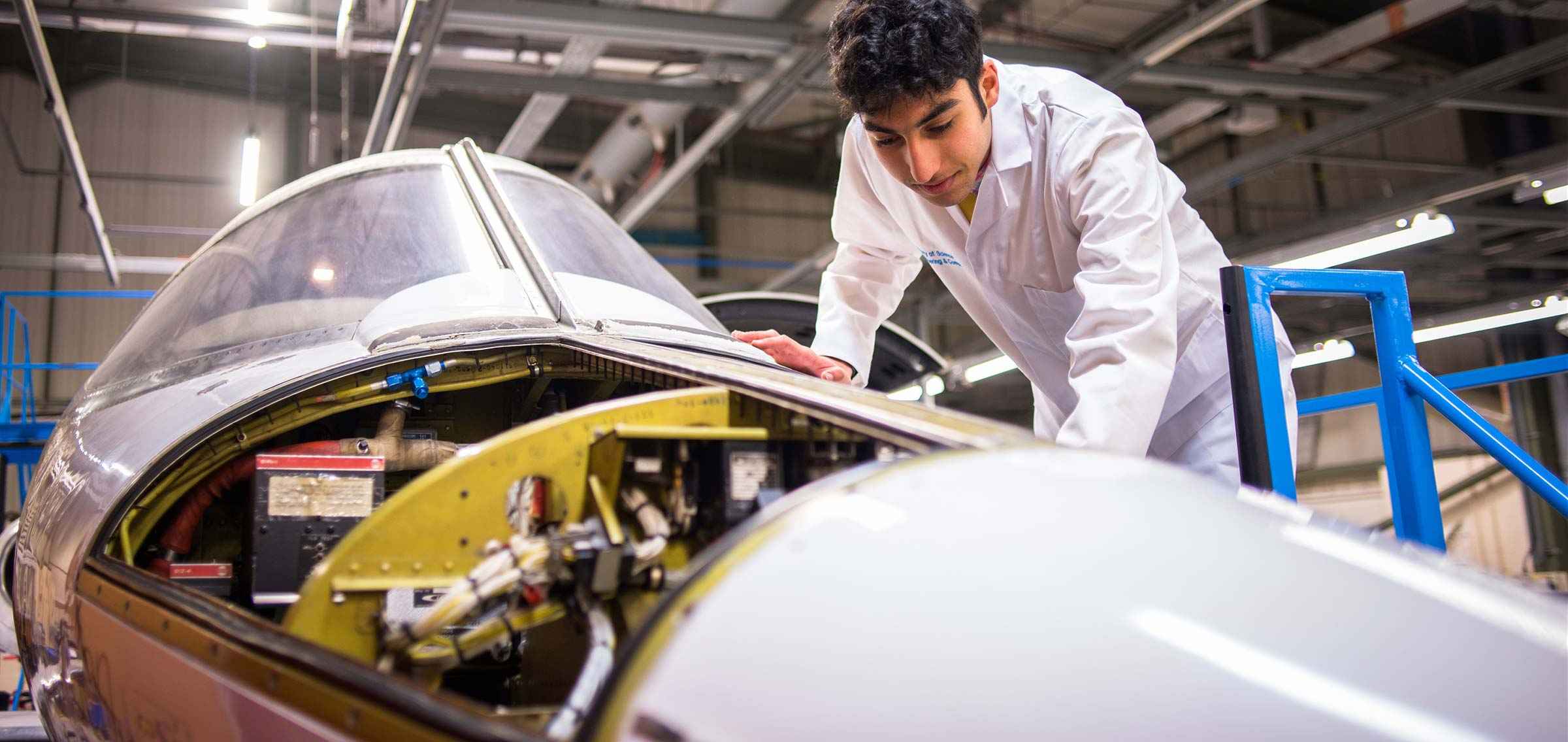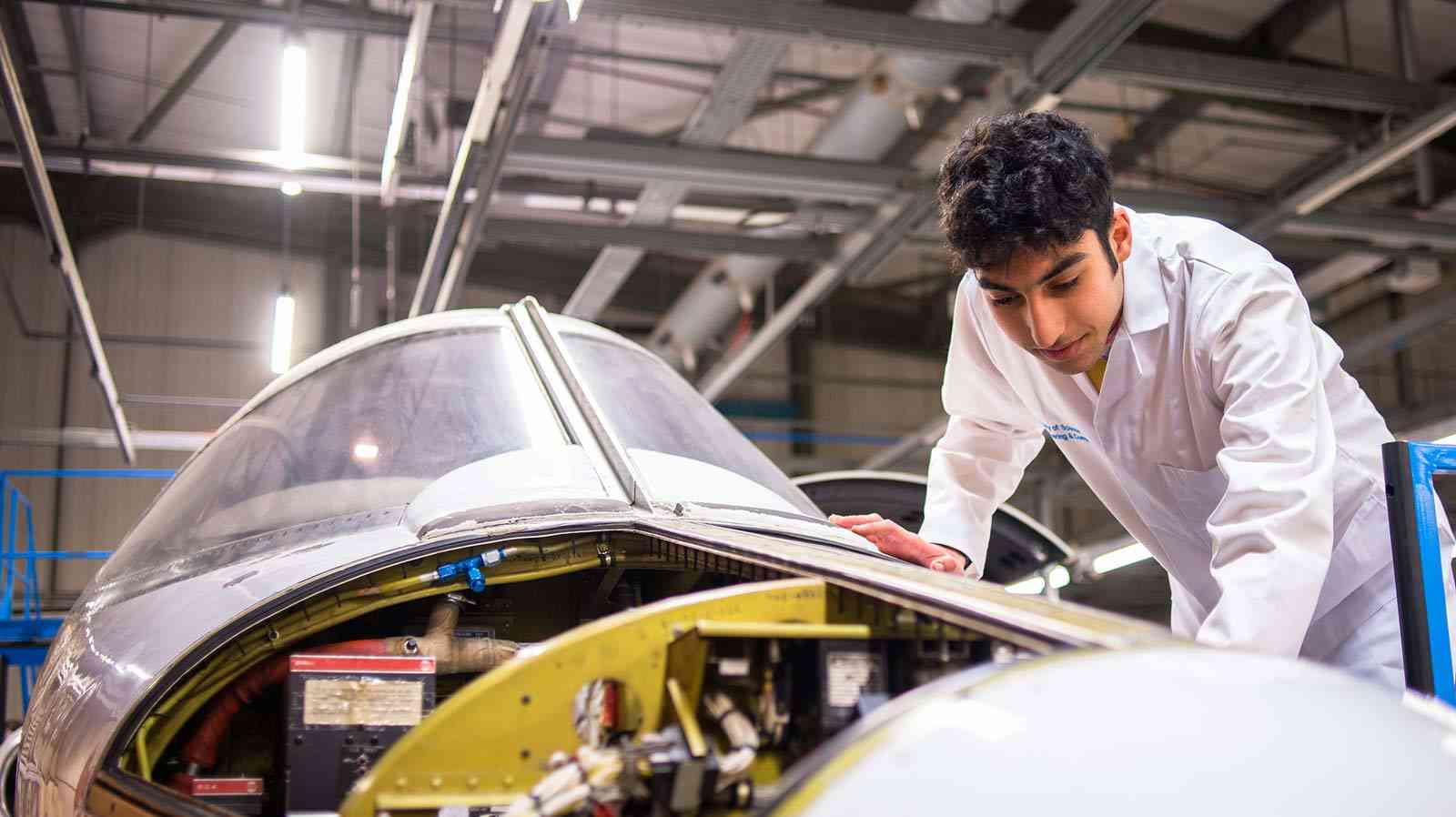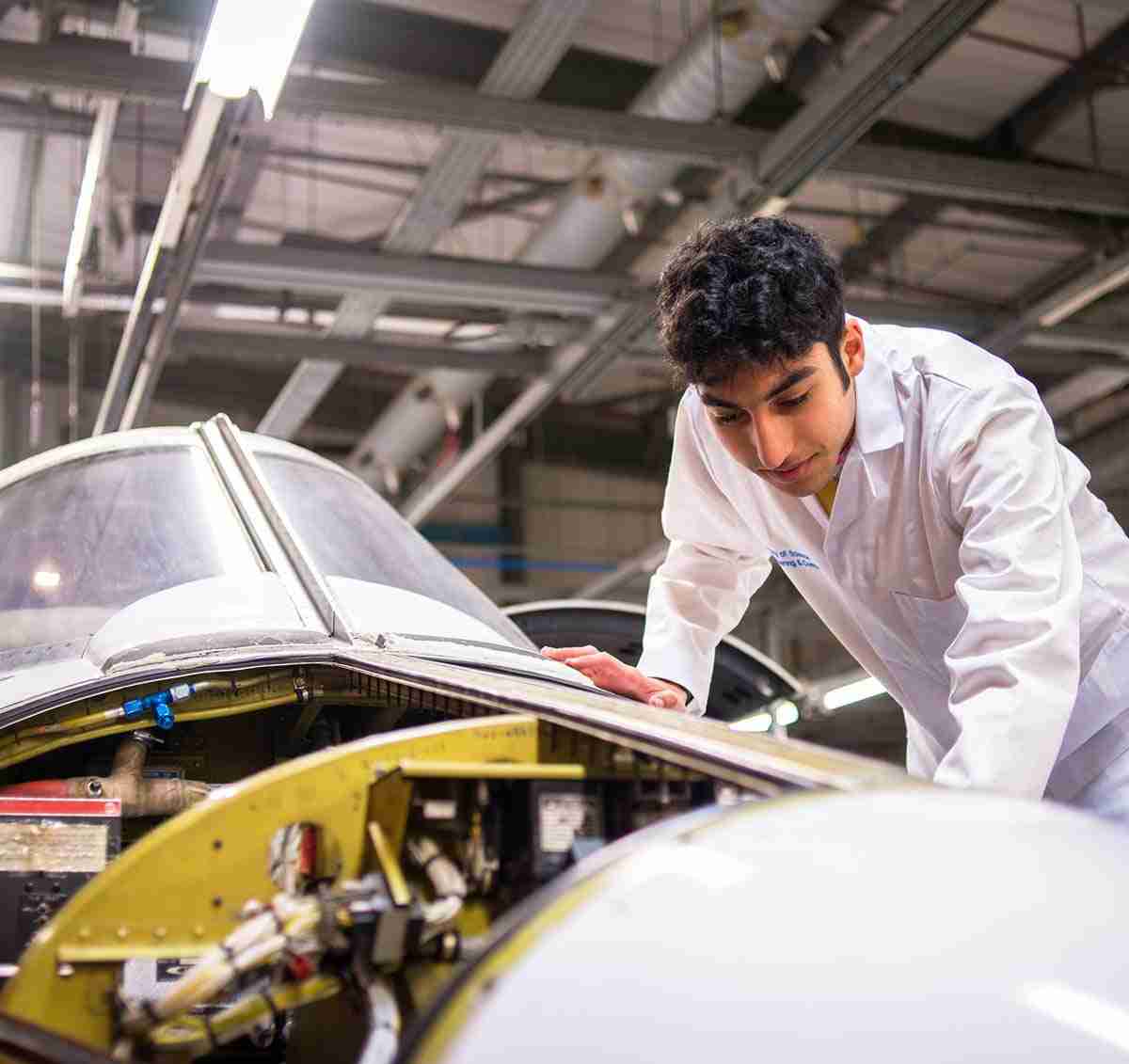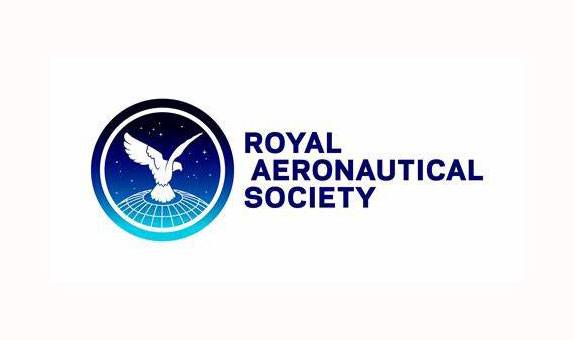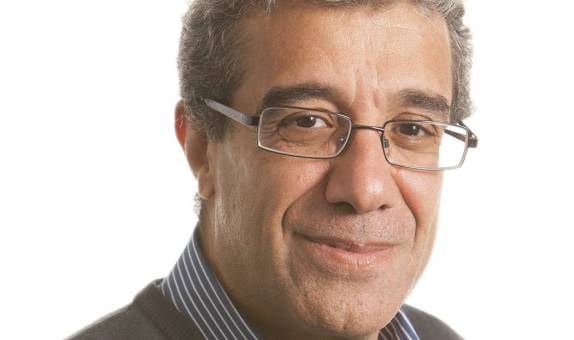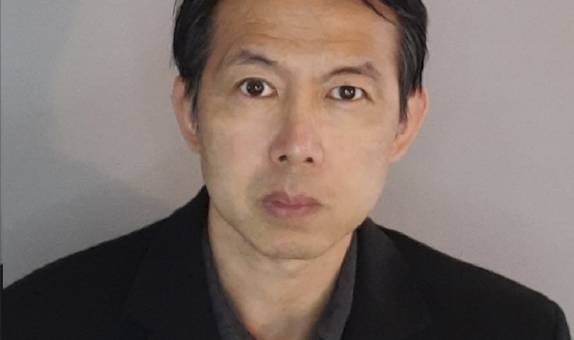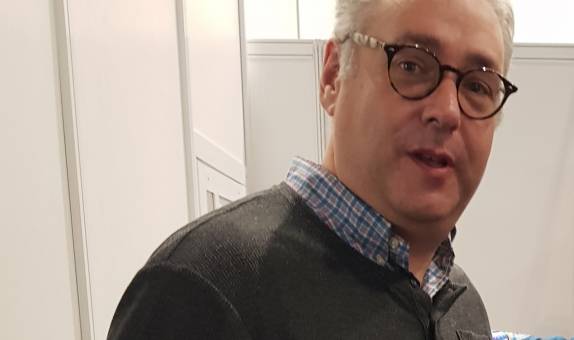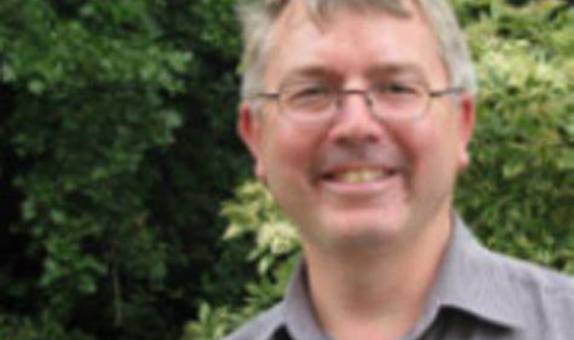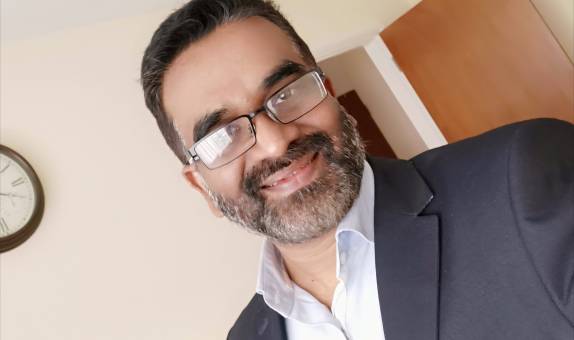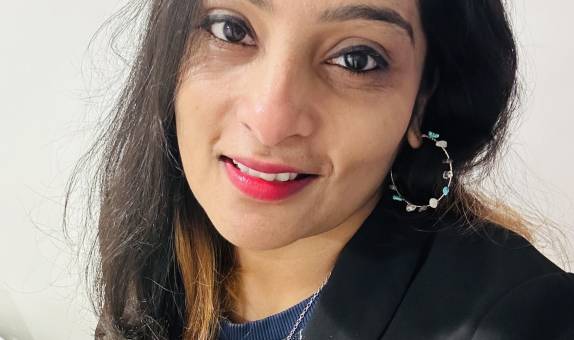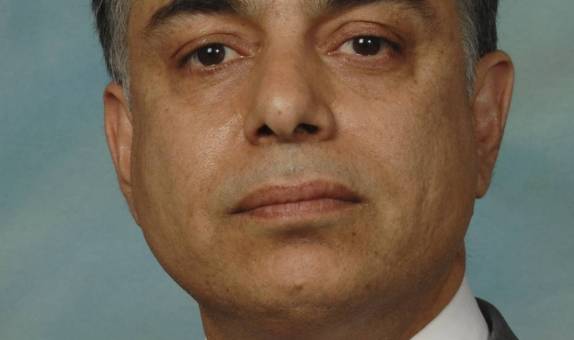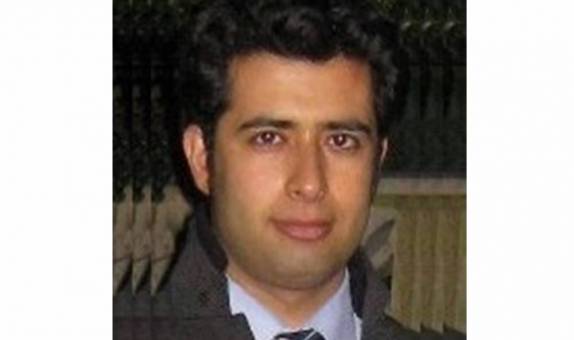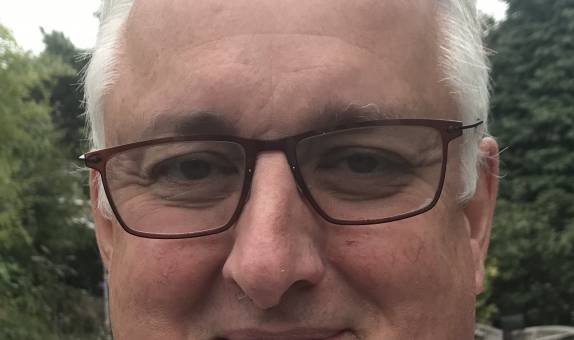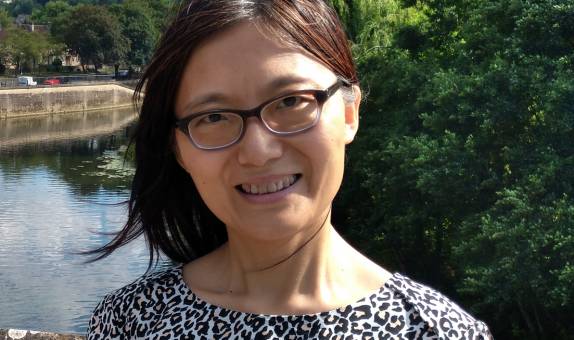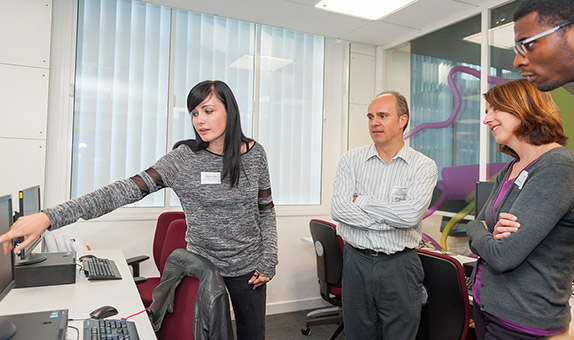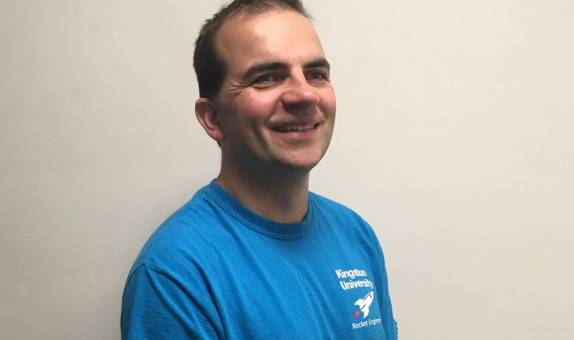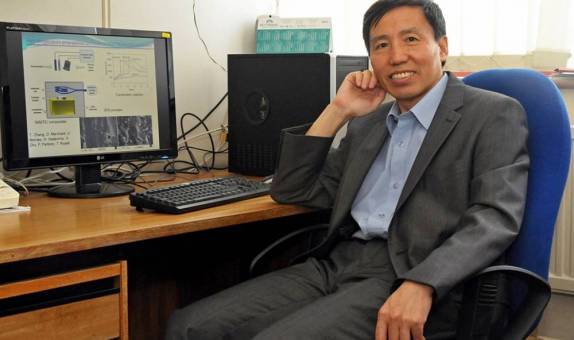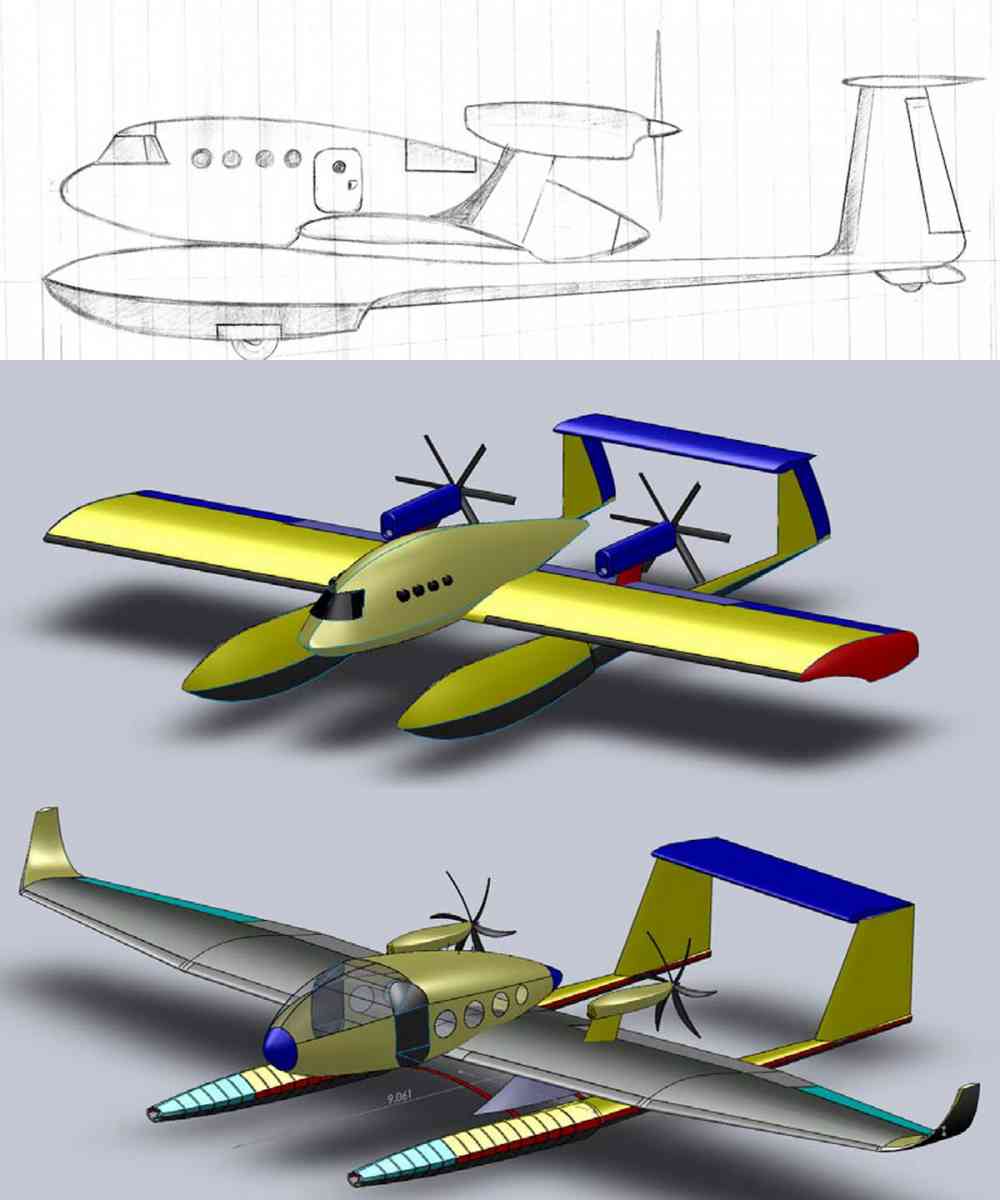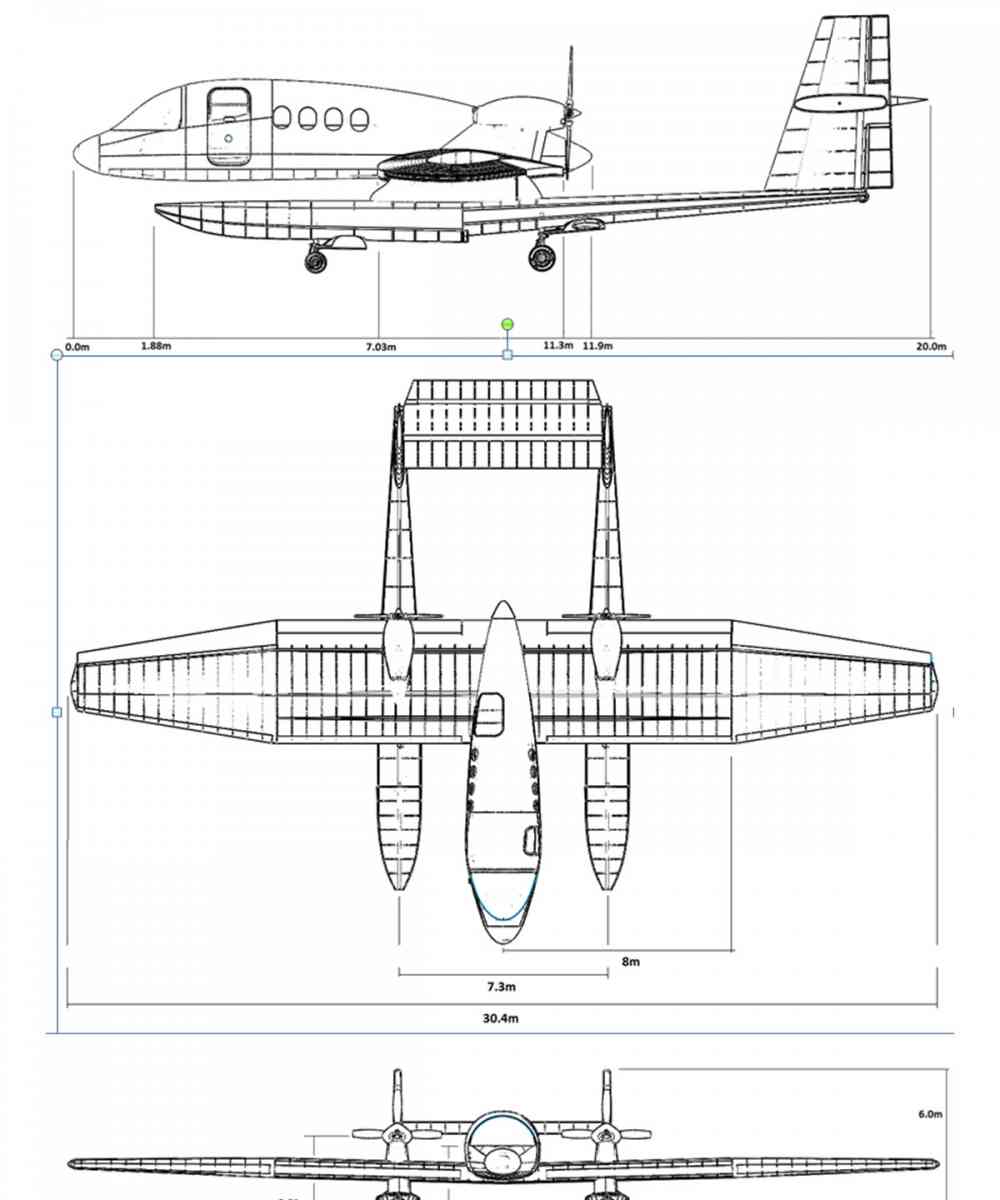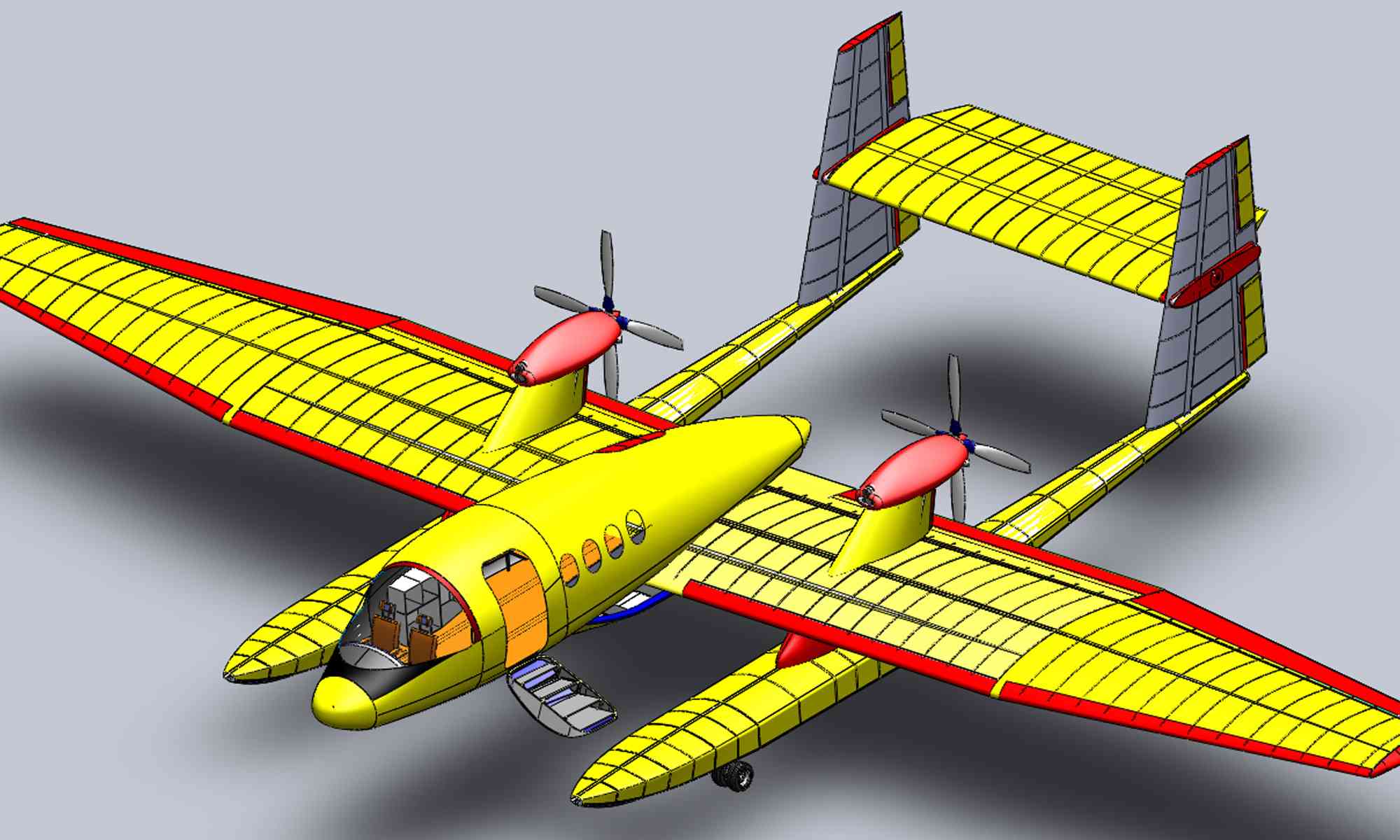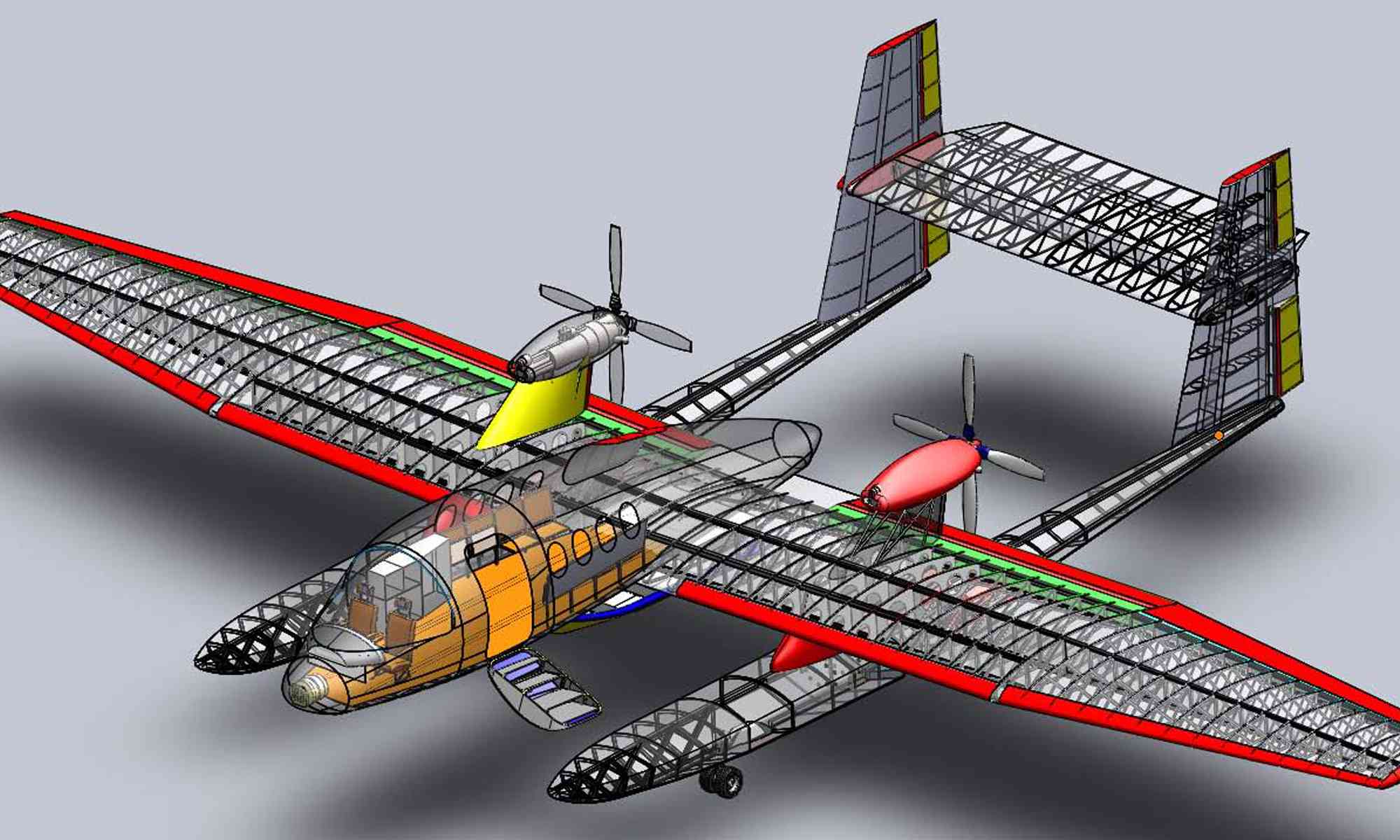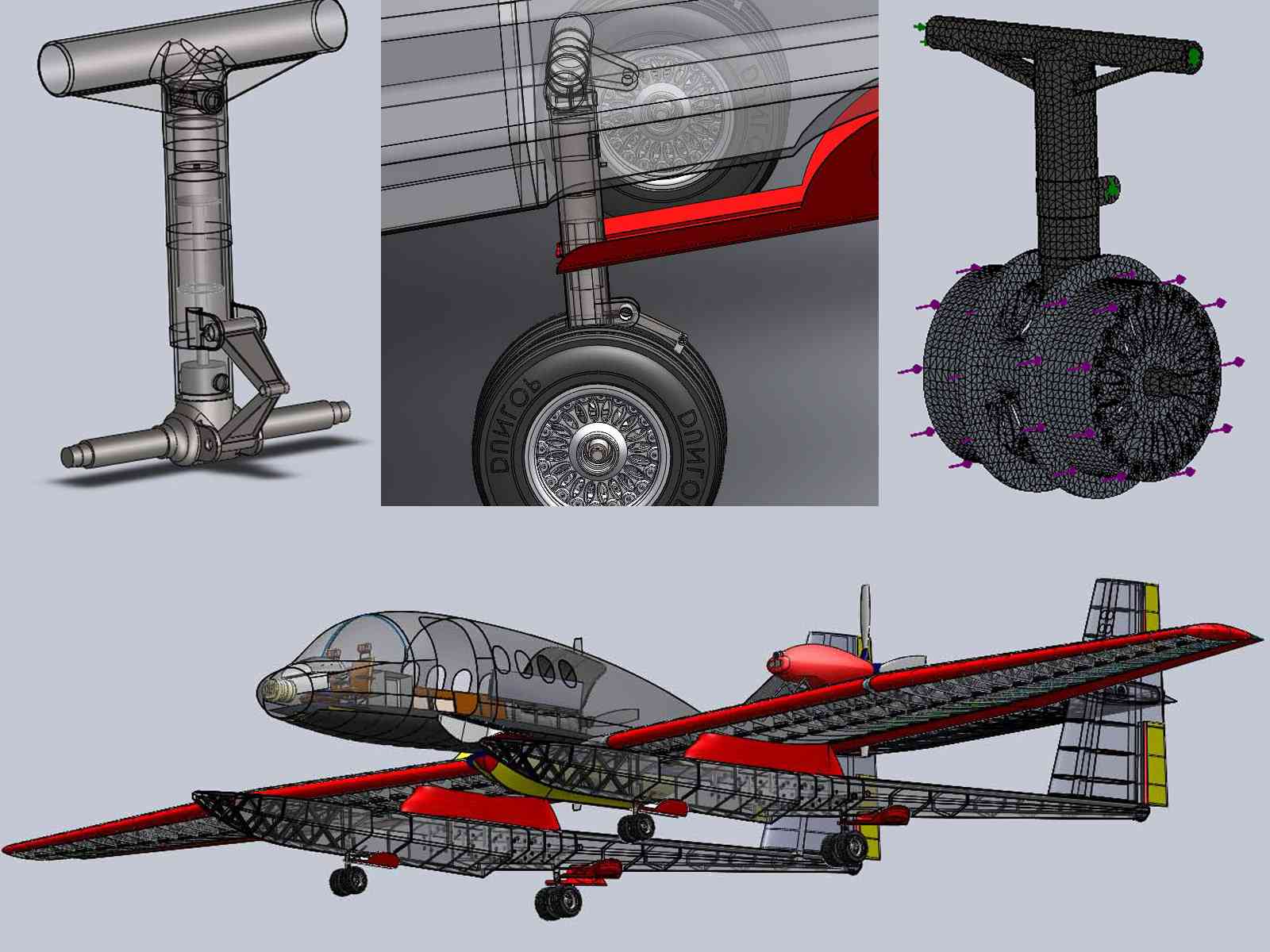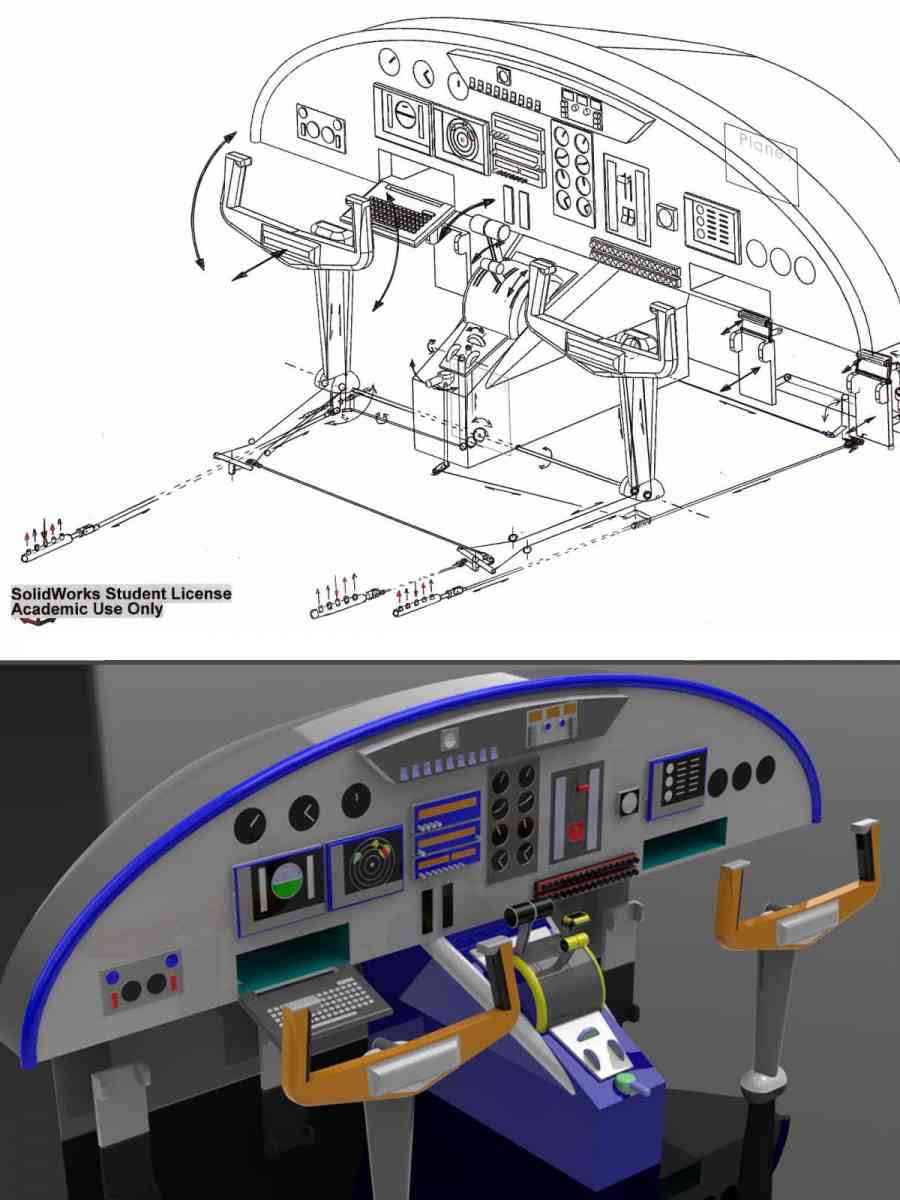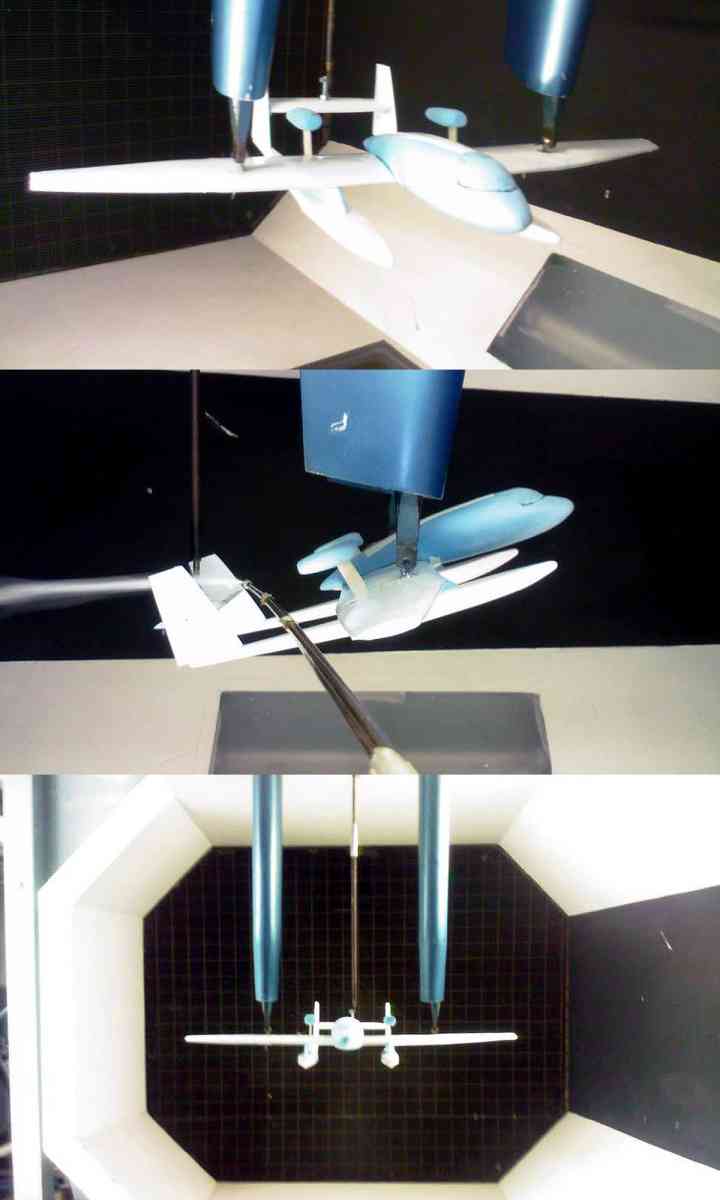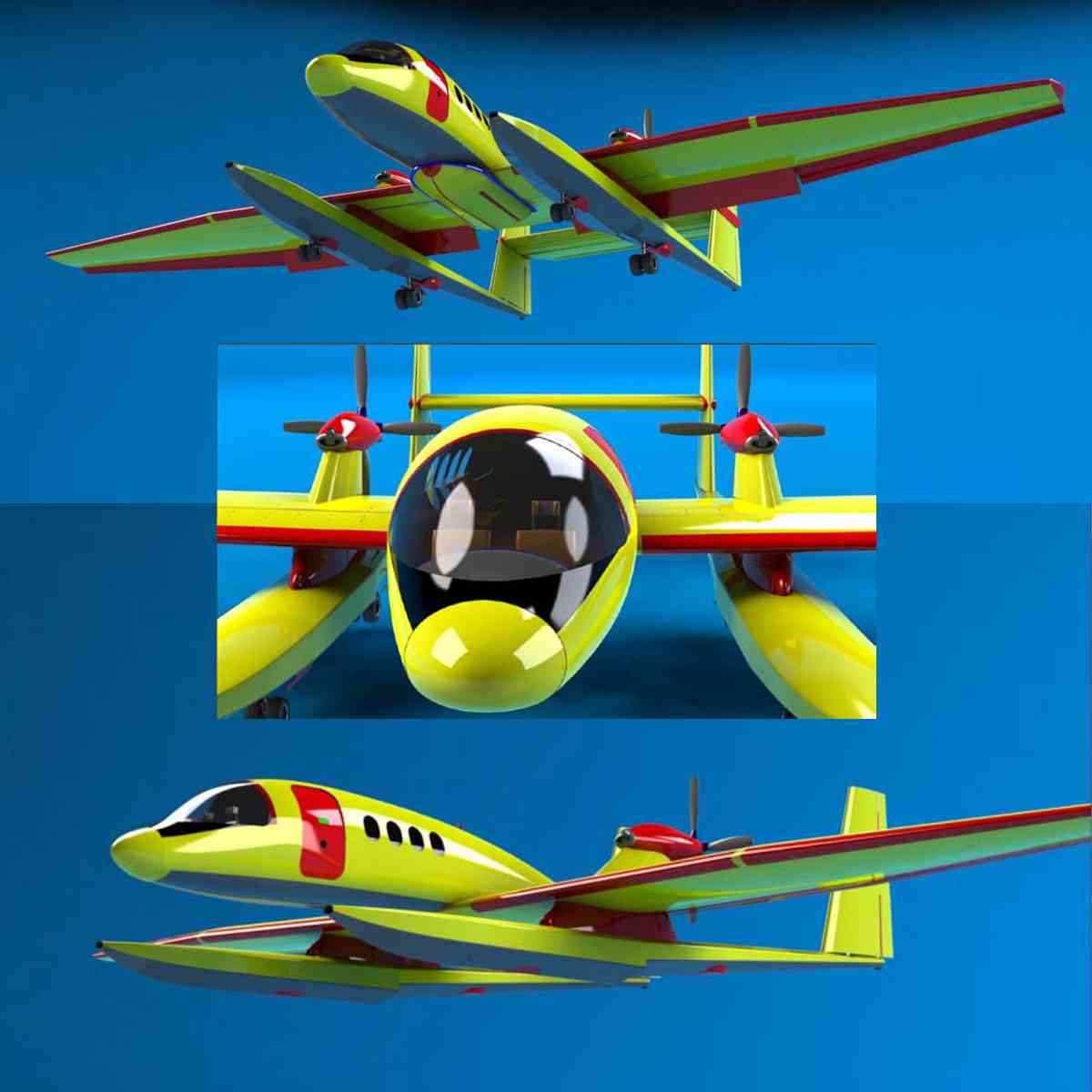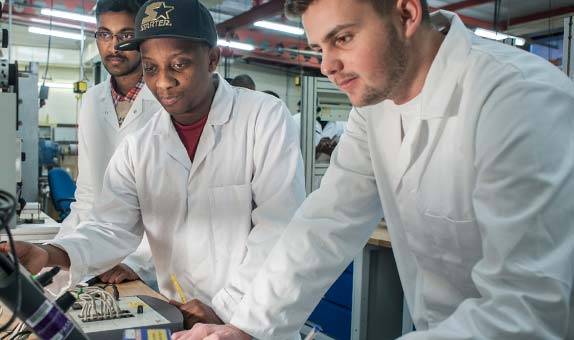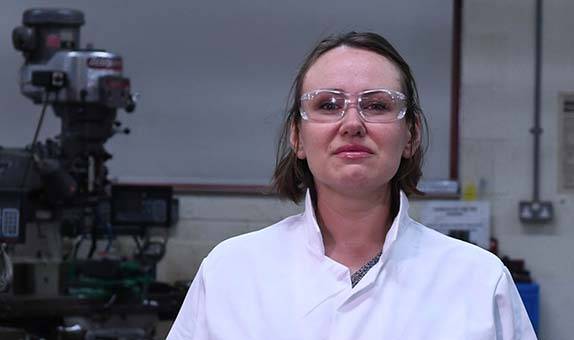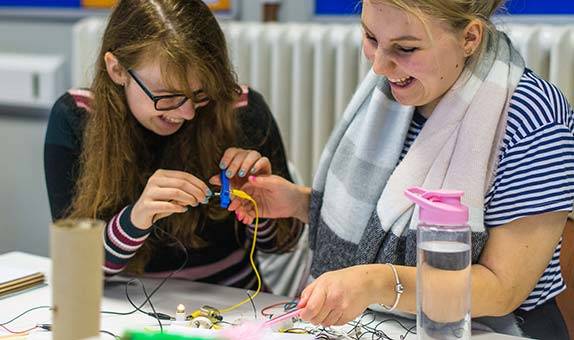Aerospace Engineering MSc
Why choose this course?
This course provides a strategic and practical overview of aerospace engineering and management. You will apply techniques such as advanced computer-based design, Computational Fluid Dynamics and Finite Elements Analysis. Complementary subjects include advanced CAD/CAM and green engineering and energy efficiency.
This course will also broaden your understanding of the challenges facing the aerospace engineering industry. To prepare you for your future career, the course covers entrepreneurship, business, finance, research techniques and environmental issues.
| Mode | Duration | Attendance | Start date |
|---|---|---|---|
| Full time | 1 year | Delivered in one-week blocks | September 2024, January 2025 |
| Full time | 2 years including professional placement | Delivered in one-week blocks plus placement year | September 2024, January 2025 |
| Part time | 2 years | Delivered in one-week blocks | September 2024, January 2025 |
Important: if you are an international student requiring a Student Route visa to study in the UK you will also need an ATAS certificate for this course.
| Main location | Roehampton Vale |
Reasons to choose Kingston University
- This course will enhance your career prospects in the aerospace industry and meets the requirements of the Engineering Council for the UK Standard for Professional Engineering Competence (UK-SPEC).
- Through an individual research-based project, you will be able to specialise in a chosen field. This can be an excellent selling point when seeking a job or promotion.
- Facilities include two teaching flight simulators, wind tunnels, materials testing, rapid prototyping and high-performance computing facilities.
What you will study
You will gain a broad understanding of the practical requirements of aerospace engineering, as well as an in-depth knowledge of aerospace stress analysis and advanced materials, alongside computational fluid dynamics (CFD) for aerospace applications. Complementary subjects covered include computer-integrated product development, advanced CAD/CAM plus green engineering and energy efficiency. In addition, the Engineering Research Techniques, Entrepreneurship and Quality Management module will develop your business and management skills. The Aerospace Individual Design Project module provides you with the experience of working in a multidisciplinary team within an engineering organisation – with real industrial constraints. You'll get the chance to apply the theory you've learnt to real-world contexts and evaluate methodologies, whilst developing your critical thinking and creativity.
As well as the professional, analytical and management skills necessary for employment, the course will provide you with the transferable skills required in the workplace, such as communication, IT, teamwork, planning, decision making, independent learning ability and problem solving.
For a student to go on placement they are required to pass every module first time with no reassessments. It is the responsibility of individual students to find a suitable paid placement. Students will be supported by our dedicated placement team in securing this opportunity.
Modules
Optional modules
Professional placement
Core modules
Advanced Computational Fluid Dynamics
15 credits
This module extends your knowledge and skills beyond the basic fluid mechanics methods which are normally introduced at early undergraduate level, and to provide a theoretical and analytical introduction to Computational Fluid Dynamics (CFD). In the lectures, emphasis is placed on the numerical models and analytical techniques in fluid dynamics and heat transfer and some of the more advanced theories behind CFD.
The module also provides you with advanced computational knowledge in fluid dynamics, therefore enhancing your employment potential in a wide range of industries.
Advanced Structural Analysis
15 credits
The finite element analysis is a numerical method for solving problems of engineering and mathematical physics. Currently, Finite Element Analysis (FEA) is widely used in engineering design of advanced structures. In FEA, mathematical assumptions are made for solving problems. Advanced structures are also highly prone to vibration due to their flexible nature while experiencing dynamic loads, if undetected can result in catastrophic failures. A structure could have several bending and torsional modes and with every mode there will be a corresponding natural frequency, damping ratio and mode shape. It is therefore important to be able to analytically predict these parameters.
This module covers introduction to FEA and structural dynamics. For FEA basic theory, and analysing stresses, deflections, and temperatures are covered. For structural dynamics, the primary parameters associated with vibration are identified; these include natural frequencies, damping, mode shapes and responses under operating dynamic loads. Examples of good practice for safe and effective application are presented.
This module will be particularly applicable for engineers and scientists who want to understand the fundamental theory of FEA and structural dynamics and gain understanding of underlying theories behind these techniques.
Advanced Engineering Materials
15 credits
This module is designed to develop your in-depth understanding of material science and engineering in relation to advanced materials, development techniques and coatings, together with materials selection methods employed by engineering consultants. The module aims to deepen your understanding of the relationships of material design, manufacturing processes and material properties by providing examples from various applications.
Aerospace Design & Analysis
15 credits
Computers and software are normally used in modern engineering design and manufacture of advanced products and processes. The designers usually use finite element analysis (FEA) for structural integrity analysis and computational fluid dynamics (CFD) for predicting the behaviour of complex fluid flows encountered in typical engineering applications.
The first half of the module aims to introduce you to the principles of the modelling statics and dynamics problems with FEA and to critically assess and evaluate the results. The second half of the module aims to familiarise you with how to use CFD software to solve flow aerodynamics and heat transfer problems. In the practical sessions, emphasis is placed on the solution of structural and fluids problems in a realistic aerospace engineering context and on giving you the opportunity to develop awareness of the limitations of FEA and CFD software and to develop an understanding of good practice in their applications.
Research Techniques, Innovation & Sustainability
15 credits
Research Techniques, Innovation and Sustainability equips you with the skills and knowledge required to select and justify a research topic and then to plan and execute that research project.
Research is a broad topic covers a variety of activities that range from undertaking a project as part of an academic programme, through research and development in the commercial environment, to acquiring information to inform projects undertaken as part of routine business practice. This module introduces research in these contexts and allows you to develop your own research plan.
As part of the module, you will consider setting research questions and determining hypotheses, acquire relevant information and data, apply suitable analytical techniques, and evaluate the significance and potential applications of their research findings. You will also develop your innovation skills through a combination of workshops and team working, resulting in submission of an innovation proposal aimed to address UN Sustainable Development Goal 11, Sustainable Cities and Communities.
The module covers many practical aspects surrounding research in the commercial environment including intellectual property and professionalism, and sustainability is embedded throughout the module both in course content and via development of the innovation proposal.
Dissertation
60 credits
Drawing on previous knowledge and experience, the dissertation module allows you to study an area of interest within your chosen field in significant depth. In undertaking the dissertation, you will develop not only a deeper understanding of your subject area but will also be able to demonstrate a high level of autonomy in terms of project dissertation planning and management.
You will be able to demonstrate knowledge and competence in reviewing existing published literature and data and, through your own efforts, apply one or more of a range of research methods to collect and analyse data and draw well-founded conclusions as a result of your research.
The main output from the module is a final report but the option is available for you to prepare their work in the format of an article suitable for submission to a relevant conference or journal.
Optional modules
Advanced CAD/CAM Systems
15 credits
This module covers advanced CAD and CAM techniques in conceptual design and manufacture and is heavily focussed on rapid manufacturing methods involving mould design, machining tool path optimisation and full machining simulation verification, and machining collision avoidance subjects will also be covered.
Advanced Control Systems
15 credits
This module introduces you to classical control system analysis and design concepts. Time domain design methods are followed by frequency domain design methods. Although the module mainly deals with continuous-time systems, the discrete-time systems are also discussed. In addition to the fundamental concepts, the focus of this module is analytical and numerical problem solving, providing you with a set of skills that will enhance your employability. The module promotes creative problem-solving through an emphasis on analytical and numerical problem solving related to control systems. Digital competency is fostered by the use of simulation tools such as MATLAB & SIMULINK. Adaptability is nurtured as you navigate between time and frequency domain design methods and different types of control systems.
Professional Placement
120 credits
The Professional Placement module is a core module if you're following a masters programme that incorporates an extended professional placement. It provides you with the opportunity to apply your knowledge and skills in an appropriate working environment, and develops and enhances key employability and subject specific skills in your chosen discipline. You may wish to use the placement experience as a platform for a major project or your future career.
It is your responsibility to find and secure a suitable placement opportunity; this should not normally involve more than two placements which must be completed over a minimum period of 10 months and within a maximum of 12 months. The placement must be approved by your Course Leader prior to commencement to ensure its suitability. You will have access to the standard placement preparation activities offered by the Student Engagement and Enhancement (SEE) group.
Read more about the postgraduate work placement scheme.
Professional Placement
120 credits
The Professional Placement module is a core module if you're following a masters programme that incorporates an extended professional placement. It provides you with the opportunity to apply your knowledge and skills in an appropriate working environment, and develops and enhances key employability and subject specific skills in your chosen discipline. You may wish to use the placement experience as a platform for a major project or your future career.
It is your responsibility to find and secure a suitable placement opportunity; this should not normally involve more than two placements which must be completed over a minimum period of 10 months and within a maximum of 12 months. The placement must be approved by your Course Leader prior to commencement to ensure its suitability. You will have access to the standard placement preparation activities offered by the Student Engagement and Enhancement (SEE) group.
Read more about the postgraduate work placement scheme.
Please note
Optional modules only run if there is enough demand. If we have an insufficient number of students interested in an optional module, that module will not be offered for this course.
Work placement scheme
Many postgraduate courses at Kingston University allow students to take the option of a 12-month work placement as part of their course. Although the University supports students in finding a placement and organises events to meet potential employers, the responsibility for finding the work placement is with the student; we cannot guarantee the placement, just the opportunity to undertake it. You may find securing a professional placement difficult as they are highly competitive and challenging, but they are also incredibly rewarding. It is very important to prepare and apply yourself if this is the route you wish to take. Employers look for great written and oral communication skills and an excellent CV/portfolio. As the work placement is an assessed part of the course, it is covered by a student's Student Route visa.
Find out more about the postgraduate work placement scheme.
Accreditation
The Aerospace Engineering MSc course is accredited by the Royal Aeronautical Society under licence from the UK regulator, the Engineering Council. Accreditation is a mark of assurance that the degree meets the standards set by the Engineering Council in the UK Standard for Professional Engineering Competence (UK-SPEC).
An accredited degree will provide you with some or all of the underpinning knowledge, understanding and skills for eventual registration as an Incorporated (IEng) or Chartered Engineer (CEng). Some employers recruit preferentially from accredited degrees, and an accredited degree is likely to be recognised by other countries that are signatories to international accords.
Find out more about the full criteria and validity for Chartered Engineer (CEng) status and Incorporated Engineer (IEng) status.
Please check the Engineering Council website for more information.
Hear from our students
Women in Engineering
Entry requirements
Teaching and assessment
Who teaches this course?
The course is taught by the Department of Aerospace and Aircraft Engineering. Staff have a wide range of experience across research and industry and continue to practise and research at the cutting edge of their discipline. This ensures that our courses are current and industry-informed, ensuring you get the most relevant and up-to-date education possible.
We have a dedicated campus for engineering students at Roehampton Vale, on the outskirts of Kingston town centre and close to Richmond Park.
We offer a wide range of specialist facilities on site, supported with software technology and laboratory technicians.
The University has a long historical association with training aerospace engineers, dating back to the Sopwith Aviation company in 1912. Today we are the largest aerospace provider in higher education (HESA data 07/08).
Students benefit from the specialist facilities at Roehampton Vale – from a Boeing 737 fuselage to large scale wind tunnels – all with programmes supported with the latest software technology.
Postgraduate students may run or assist in lab sessions and may also contribute to the teaching of seminars under the supervision of the module leader.
Fees for this course
Additional costs
Depending on the programme of study, there may be extra costs that are not covered by tuition fees which students will need to consider when planning their studies. Tuition fees cover the cost of your teaching, assessment and operating University facilities such as the library, access to shared IT equipment and other support services. Accommodation and living costs are not included in our fees.
Where a course has additional expenses, we make every effort to highlight them. These may include optional field trips, materials (e.g. art, design, engineering), security checks such as DBS, uniforms, specialist clothing or professional memberships.
Where this course will take you
Graduates have gained positions at Rolls-Royce, CAA, Sterling Aerospace, Marshalls Aerospace, Royal Navy, AmSafe Armour, Solion Solar Energy, EasyJet, Lufthansa, Flybe, Hawker Hind and Precision Press Parts Corp.
Examples of recent graduate destinations for the predecessor of this course (Aerospace Systems MSc) include:
- airload master in the Royal Air Force, Swindon
- lead trial officer in the Army, Wiltshire
- mission system officer in the Royal Air Force, Wiltshire
- research requirement engineer in the Royal Navy, Malvern
- team systems leader in the Royal Air Force, Wiltshire
- trials management officer at the RAF Air Warfare Centre, Waddington
- trials officer at Qinetiq, Wiltshire.
Careers and recruitment advice
The Faculty has a specialist employability team. It provides friendly and high-quality careers and recruitment guidance, including advice and sessions on job-seeking skills such as CV preparation, application forms and interview techniques. Specific advice is also available for international students about the UK job market and employers' expectations and requirements.
The team runs employer events throughout the year, including job fairs, key speakers from industry and interviews on campus. These events give you the opportunity to hear from, and network with, employers in an informal setting. For example, in the picture here students are practising their interview skills with real employers at a 'speed interviewing' event on campus.
What this course offers you
- The Aerospace Engineering course has been designed to meet the requirements of the Engineering Council for UK-SPEC. It provides you with a strategic overview of engineering and management issues.
- The course will develop your professional, analytical, research, business and management skills, as well as improving your technical skills and knowledge. For example, you will gain communication, teamwork, planning, decision-making, IT and problem-solving skills which enhance your prospects of gaining employment and progressing your career in the aerospace industry.
- The programme is built on a comprehensive application of techniques such as advanced computer-based design, Computational Fluid Dynamics (CFD) and Finite Elements Analysis (FEA).
- Each module combines a stimulating mix of lectures, practical laboratory work, group work, case studies and presentations.
- The Aerospace Group Design Project gives you the chance to solve a real-world engineering problem.
- You can choose to study either full time or part time to fit in with work commitments. September and January start dates give you extra flexibility.
- There is a strong link between our academic staff research and teaching. Our teaching teams have been actively involved in the research of computational fluid dynamic, aerodynamics and advanced materials.
- Postgraduates of this course have taken up posts in a variety of employment settings including Rolls-Royce, CAA, Sterling Aerospace, Marshalls Aerospace, Royal Navy, AmSafe Armour, Solion Solar Energy, easyJet, Lufthansa, Flybe, Hawker Hind and Precision Press Parts Corp. Some postgraduates have continued their studies in PhD research projects.
- Kingston University is the biggest provider of undergraduate aerospace engineering courses in the UK.
- The University has well-equipped laboratories including two teaching flight simulators, large scale low-speed wind tunnels, materials testing, rapid prototyping and high performance computing facilities.
Our modern teaching environment
There is a wide range of facilities for practical work at our Roehampton Vale campus, where this course is based. You will have access to a modern environment with the latest technology, including:
- the Merlin flight simulator - you can programme a mathematical model of your design into the simulator and then monitor the results
- large-scale wind tunnels that enable testing in winds of up to 90 miles per hour
- industry-standard test and experimental equipment for metrology, robotics, rapid prototyping, fatigue and quality control.
We also have a dedicated postgraduate workroom with high spec PCs and a range of software. Computer-aided design facilities include:
- a range of CAD/CAM packages, such as Ideas, SolidWorks and AutoCad
- finite element analysis
- computational fluid dynamics
- virtual instrumentation.
The recently-enlarged library at Roehampton Vale provides collections of specialist engineering books and journals. The Graduate Centre, exclusively for postgraduate students, provides space for private study, meetings and socialising.
The £4 million Hawker Wing provides three floors of extra space for students and staff at Roehampton Vale, including improved learning and teaching facilities.
What our students say
Group Design Project – Christopher Antrobus
How the engineering staff work with industry partners
Our excellent industrial links have developed over many years and throughout many countries. Some examples include work with:
- Matra-Marconi Space Ltd;
- Ericsson;
- Balfour Beatty;
- The National Health Service; and
- British Gas.
Our Industrial Advisory Committee reviews and advises industrial activities. The Committee acts as a forum for discussing teaching, research and consultancy to industry.
Industrial project review
The MSc features an Aerospace Design Project Dissertation module, an aircraft group design project. It provides you with the challenge of undertaking a real-world problem in a virtual engineering environment. You will also develop an awareness of working in a multidisciplinary team within an engineering organisation with real industrial constraints.
Research areas
Engineering research
Many academic staff are engaged in a range of research and consultancy activities funded by the Research Councils, the European Union, the government, trade unions and industry. These activities ensure our staff are in touch with the latest industry thinking and bring best practice to your studies.
Research centres
Many of our staff in the Faculty are research active. This ensures they are in touch with the latest thinking and bring best practice to your studies.
The Aerospace Research Group specialises in space activities, ranging from electric propulsion and planetary robotic exploration to in-orbit servicing technology development. Current research projects are investigating topics within:
- computational fluid dynamics
- aircraft structures
- astronautics and space systems.
Placement profile
- Name: Ruchini Sumithrarachchi
- Course: MSc Aerospace Engineering
- Placement role: System Engineer
- Placement company: NATS
- Year: 2018/19
Course changes and regulations
The information on this page reflects the currently intended course structure and module details. To improve your student experience and the quality of your degree, we may review and change the material information of this course. Course changes explained.
Programme Specifications for the course are published ahead of each academic year.
Regulations governing this course can be found on our website.
